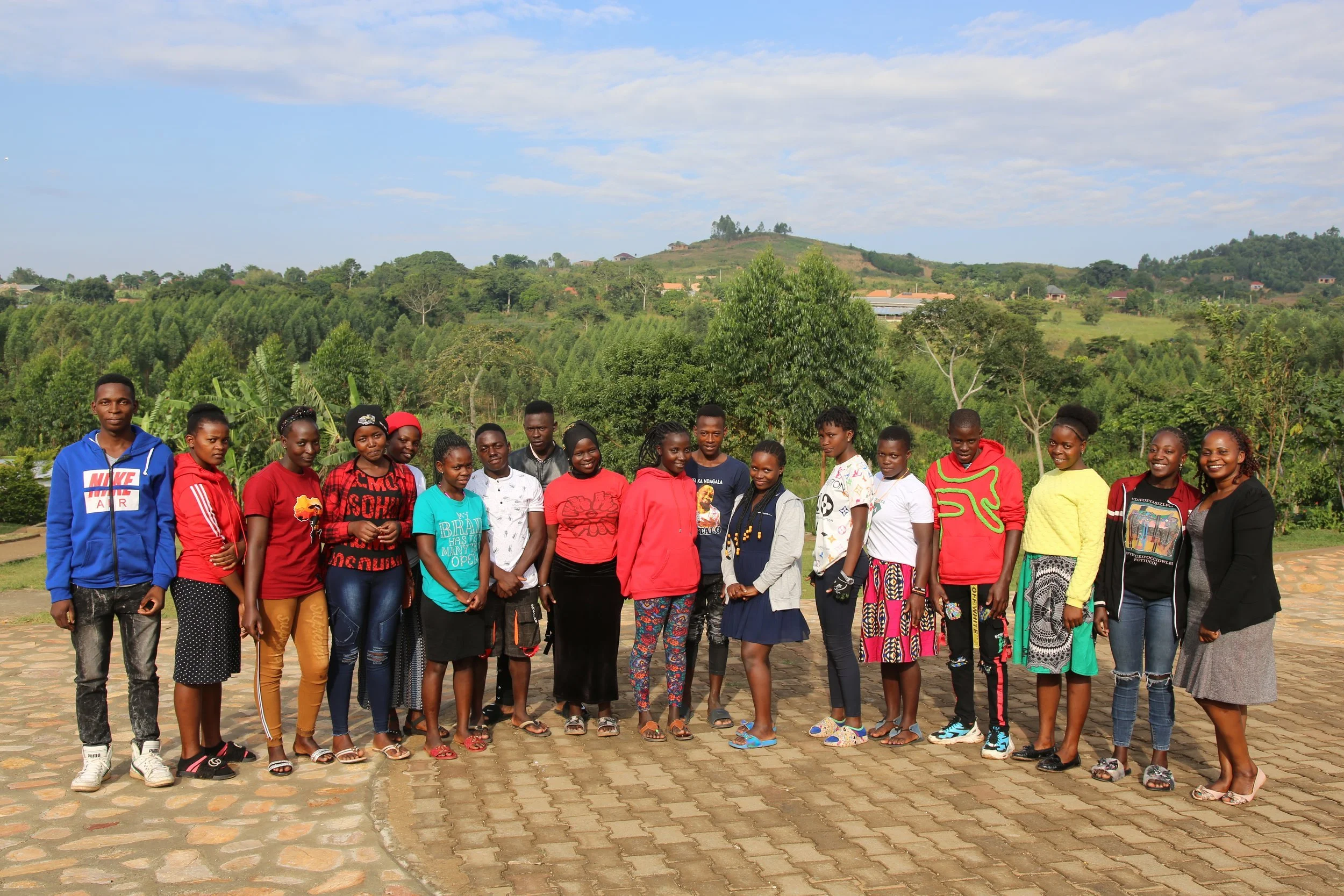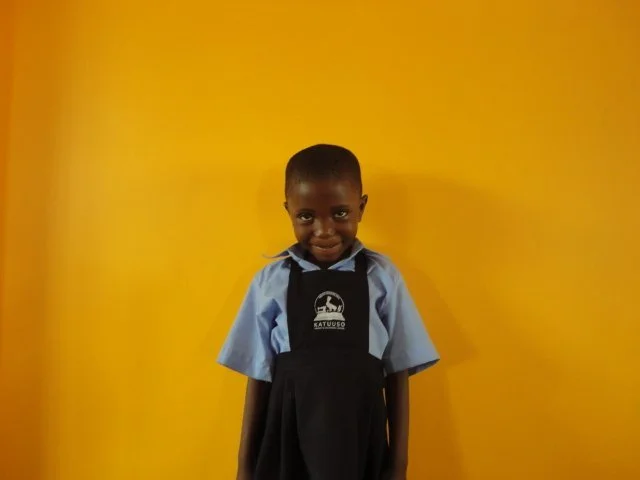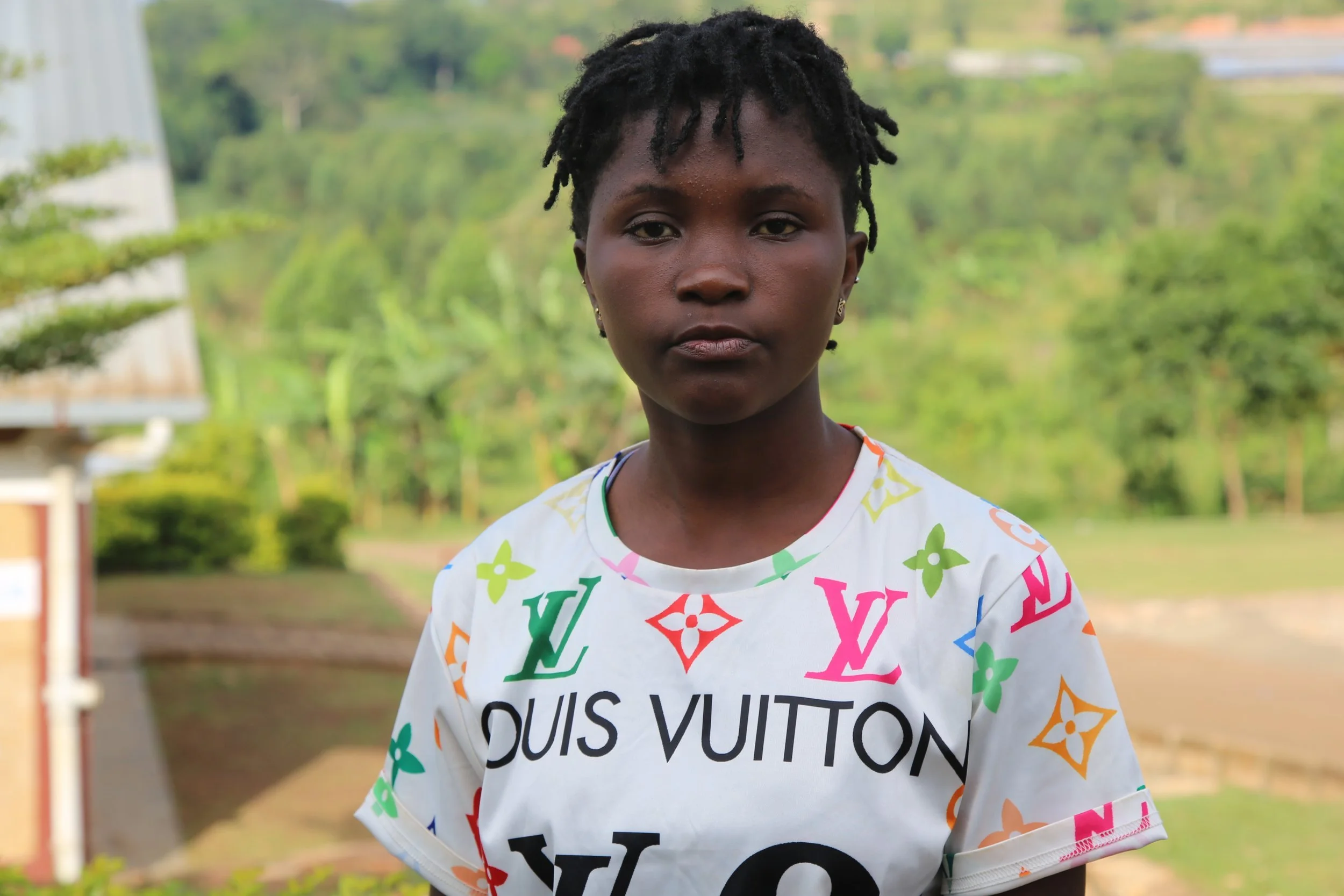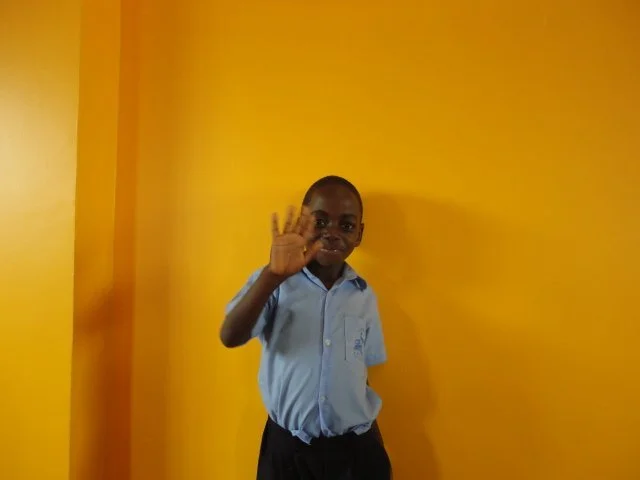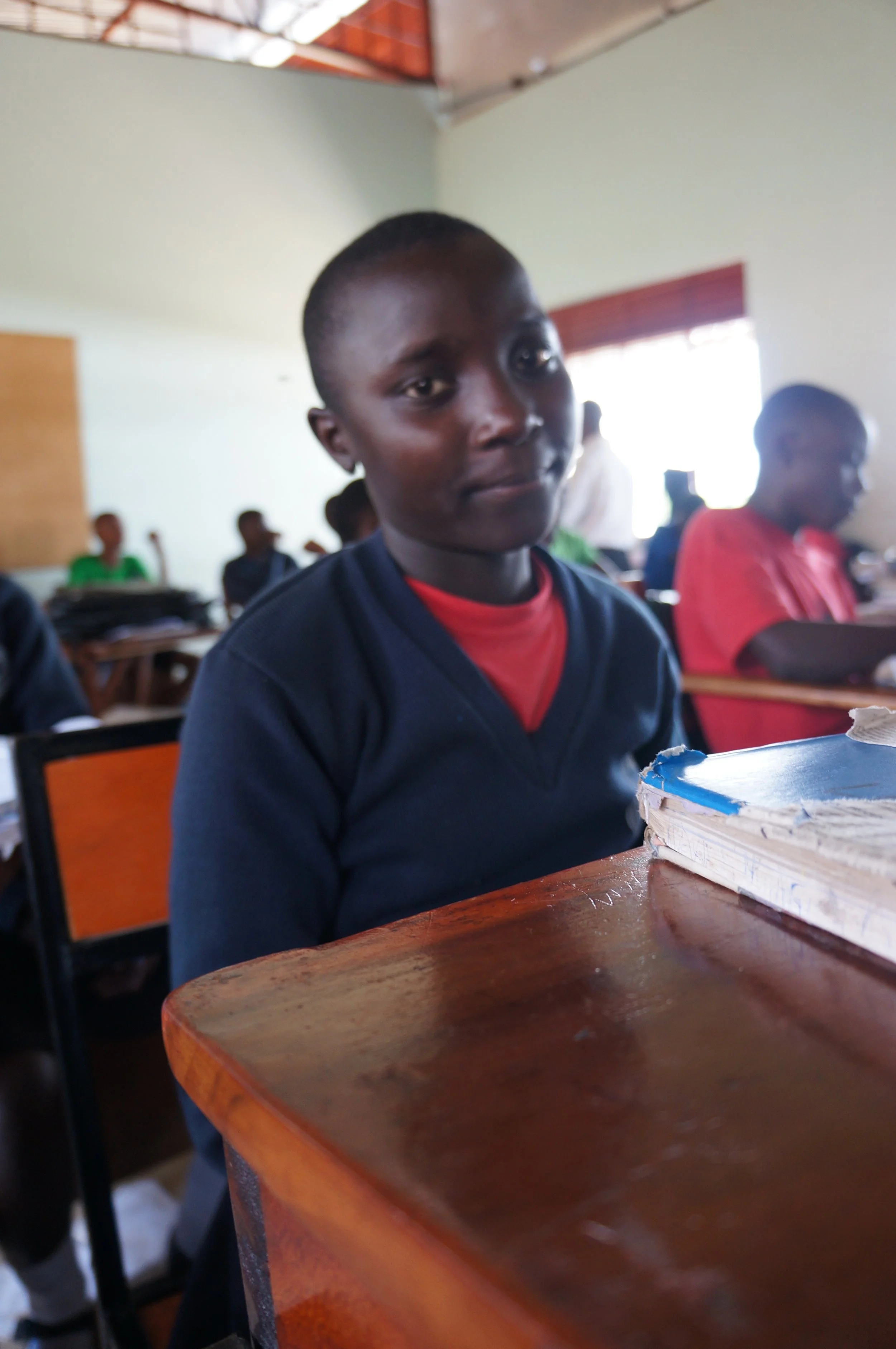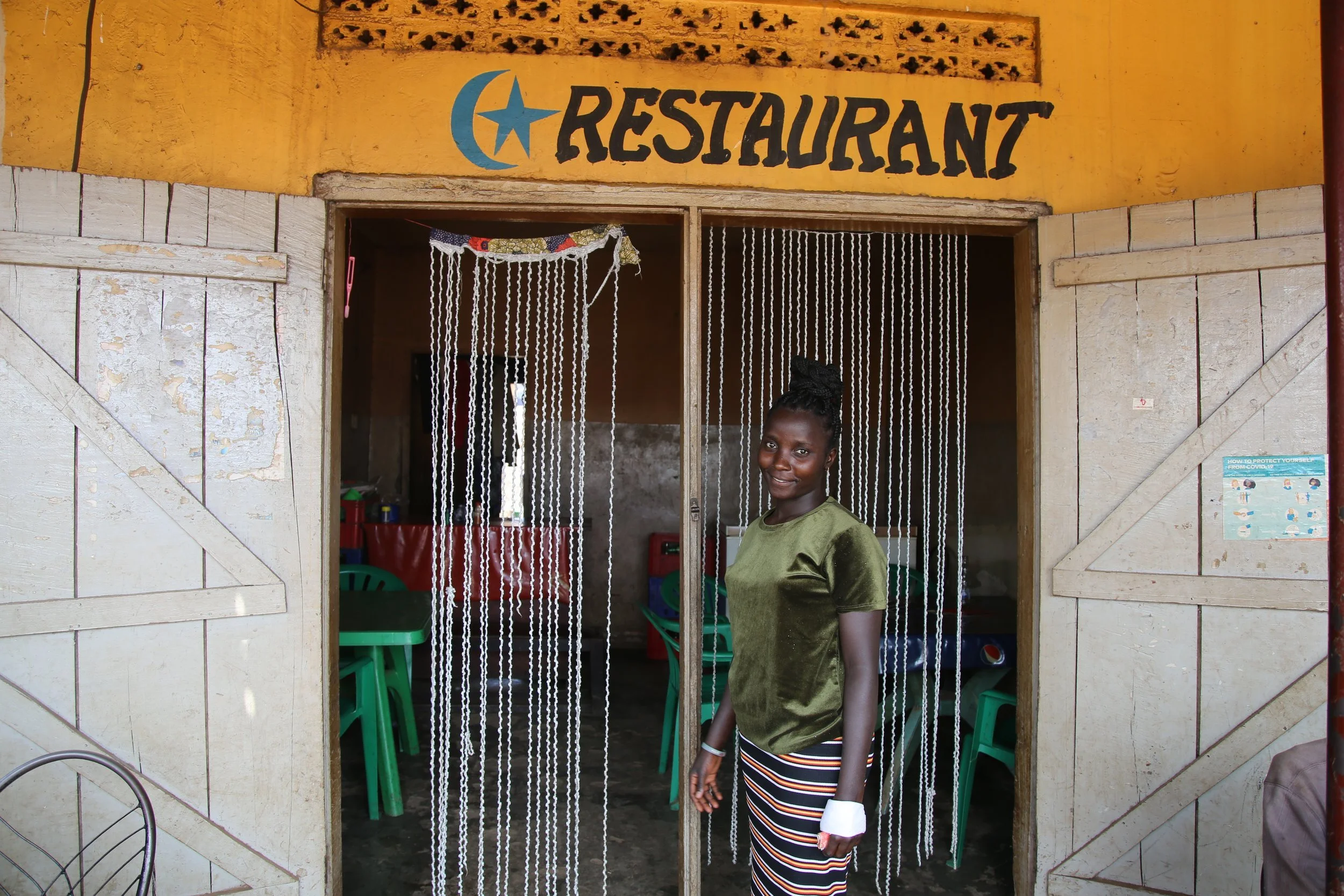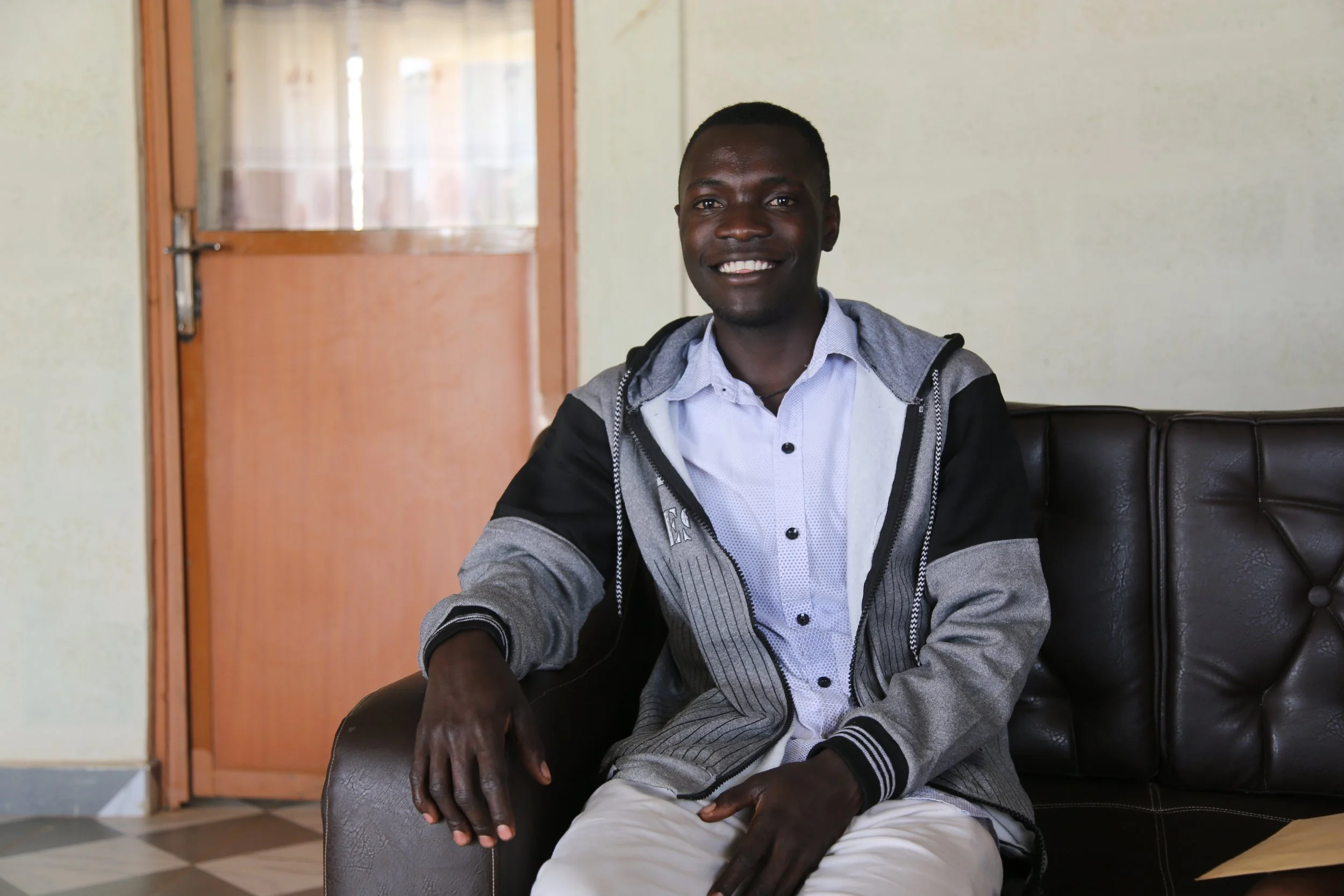Empowering Futures: The Vital Role of a Career Pathways Program in Uganda
We know education is the key to breaking the cycle of poverty but unfortunately, many students in Uganda face numerous challenges in accessing quality education due to their financial circumstances or academic performance.
Students are often unable to pursue their career goals and are limited in their options for future employment. The pilot Career Pathways Program aims to address these challenges and gaps by providing support to students from low-income backgrounds and by equipping them with the necessary skills to succeed in their chosen careers.
Identifying the need
At the end of 2022 19 students who completed Senior 4 decided to not continue onto their A levels (or HSC equivalent in Aus). The development of the Career Pathways Program has been designed as a pilot for these 19 students to provide vocational opportunities to these students who cannot afford school fees or who might not have performed well in academics.
By targeting students from low-income families who face significant barriers to education and providing support and resources to our students, the program will empower them to pursue their career aspirations and improve future prospects after graduating from the program.
Implementing this new program with 19 students is a wonderful opportunity for School for Life to gain a better understanding of the student's needs ahead of the large cohort of students graduating Senior 5 next year.
Based on the experiences and feedback from our inaugural group of school leavers, we can improve the program to ensure all our students feel fully supported on their journey.
The role of the Career Pathway Programs
Specialised vocational skills: The vocational education programs offer specialised knowledge and these programs provide the in-depth learning and skills necessary to excel in these areas, and achieve their career goals.
Breaking Economic Barriers: One of the greatest challenges for students in Uganda is the financial burden that comes with pursuing higher education. The pathways program is making it possible for talented students to access education that might otherwise be out of reach.
Increased Employability: The program will equip students with critical thinking, problem-solving, and analytical skills that are essential to succeed in their chosen careers, the program will improve their employability and help them to secure meaningful employment.
Building Leaders: Students taking on further education are more likely to take on leadership roles and lead their communities towards progress.
Preparing for the program
Three of our staff members, Janepher, Edward and Lynn facilitated a 3-day orientation course for the 19 young students in August 2023. This was the first session of our Readiness Program to help prepare, support and mentor the students entering vocational studies, setting them up for success. The students will also be supported throughout their course duration as we recognise that this is a huge change for our students which may present some challenges along the way!
An inspiring message from our Head of Programs Janepher, who was there to see the students off on their first day. She shared:
“Today was one of my happiest days, escorting our children to join a technical college made me so proud, it took me down memory lane when some of them could not button their shirts or do their shoe laces wearing big uniform shorts 😀 That time they had no dreams or purpose but now they are ladies and gentlemen who have got big dreams and looking forward to a brighter future”
The students looked thrilled to be starting college in a field and career of their choosing, and we can’t wait to see what they go on to achieve!
Meet some of the students
Each of the students' stories is a reminder of the ripple effect of education and how they will go on to not only change their life, but their families and communities.
Christine Nankindu
Christine joined School for Life in 2011 at Katuuso Primary School and completed and started secondary school at Mbazzi High School in 2018 where she completed her O’level’s in 2022. She ”chose cosmetology and beauty therapy because [I] am interested in getting skills and start my own salon and improve my family welfare.”
Christine grew up in Katuuso and is one of 11 siblings. Her father sadly passed away when she was in primary five and she tells us her mother earns 30,000 UGX (~12 AUD) a month in order to cater for their basic needs.
Brian Kanyike
Brian joined School for Life in 2011 at Katuuso Primary School and started at Mbazzi High School in 2018. He “chose motor vehicle mechanics because [I] am interested in getting skills and also start[ing] my own garage where I can start earning and support my family. After my course I will be able to start my own garage and also help my community.”
Brian lives in Katuuso and is the eldest of 5 siblings. His parents are subsistence farmers who depend on their harvest for income. He tells us that they have always had financial difficulties. We were glad to see him join the pathways program and pursue mechanics!
Jalia Nambi
Jalia started at School for Life in senior one at Mbazzi High School in 2018. Jalia tells us that her mother started a small restaurant at Bujuuko trading center where she occasionally works. She “chose catering and hotel management because I have picked interest in hotel management [and] learnt a few skills in our restaurant which I would like to develop.”
Jalia lives in Bujuuko with her mother and 5 siblings. Jalia’s mother suggested that she stops studying in senior four so that she can also support her siblings. She tells us that after her course, she would like to expand her mother’s restaurant.
Emmanuel Kayiza
Emmanuel started at School for Life in 2013 when he was in Primary 3. He is now going on to become a nurse after completing senior four in 2022. He tells us his "desire to improve people’s health and lives in the community made me choose nursing" and he hopes to "provide quality medical services to the people in my community and use those skills to create my own clinic so as to extend medical services near our community."
Emmanuel’s family relies on farming and agriculture to cater for the family's needs. Once he starts his own clinic, he hopes to be able provide for his family and educate his community on medical misinformation.
Investing in a pathways program not only transforms the students lives but has a cascading effect that ripples through communities. It bridges the gap between education and sustainable careers. They’re able to contribute to their communities and create a positive cycle of development, leading to improved living standards, reduced poverty, and enhanced social and economic stability. Click here to make a donation so we can continue investing in programs such as these and educate poverty out of existence!

